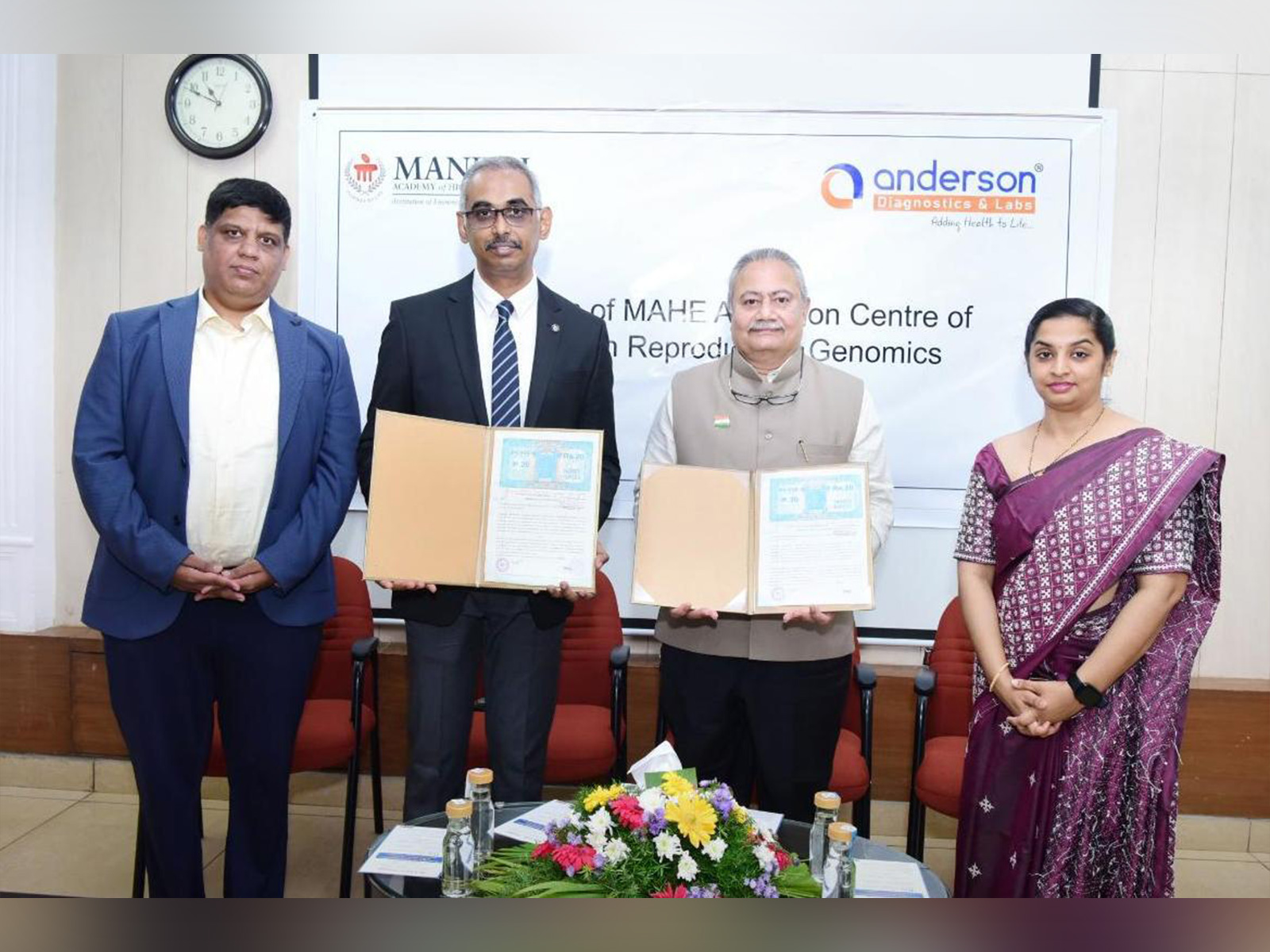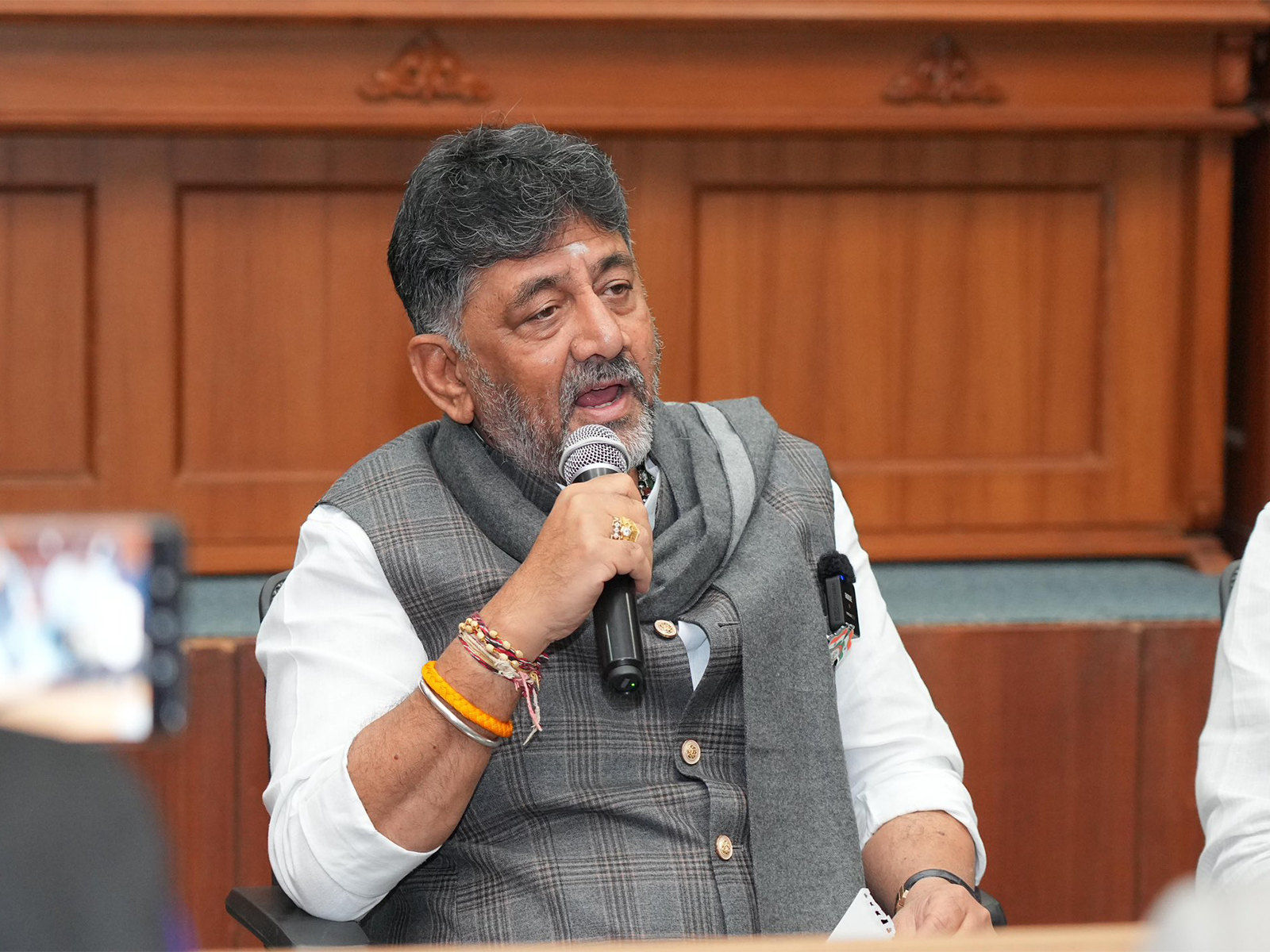Rising Superbug Threat from Factory Farming: Study shows one million deaths aannually and projected doubling by 2050
Apr 07, 2023

New Delhi [India], April 7 (ANI/NewsVoir): On the occasion of World Health Day, World Animal Protection releases its report '
' The report details how 84 per cent of antibiotics administered on factory farms are not used to treat sick animals, rather administered on healthy livestock to prevent disease from the cramped, cruel conditions or used as a food supplement to accelerate weight gain for maximum market profits.
The study was organised in seven geographical regions according to the classification set by the Centre for Disease Dynamics, Economics and Policy (CDDEP): (East Asia and the Pacific, Europe and Central Asia, Latin America and the Caribbean, the Middle East and North Africa, Northern America, South Asia, and Sub-Saharan Africa).
The objective was to assess the global use of antimicrobials in livestock production and factory farms and provide information on global use of antibiotics for human health care. To evaluate the share of antimicrobials used on factory farms for non-therapeutic treatments (AGP, prophylactic, and metaphylactic treatments) and to estimate the global contribution of factory farming to the current economic burden of AMR on current human health and in future scenarios.
As the global demand for meat increases, it is highly likely antibiotic use will also rise. An estimated 75 per cent of the world's antibiotics are used on farmed animals. Most of the same classes of antibiotics are used in both humans and animals, driving the AMR crisis. Upon investigating the links between the spread of antibiotic-resistant infections in the human population through the agri-food supply chain and the Antimicrobial Use (AMU) in factory farms, the data from 30 countries on the resistant infections procured found four main bacteria responsible for foodborne contaminations (Escherichia coli, Staphylococcus aureus, Campylobacter, and non-typhoidal Salmonella).
As per the report findings South Asia suffered 25 per cent of global deaths and 29 per cent of global DALYs associated with AMR from AMU in animal production in 2019 (E. coli, S. aureus, and Non-T. Salmonella).
This excessive use of antibiotics causes drug-resistant bacteria entering our food system and contaminate our environment, food, soil and waterways. As result, our natural ability to fight life-threatening illnesses is rapidly weakening. Most infectious diseases are transmissible between animals and humans, and the large consumption of antibiotics in factory farms facilitates the development of resistant pathogens. The report details how the human death toll linked to factory farming superbugs is on course to double by 2050 to 2 million if no immediate action is taken.
"AMR is a public health threat of our time slowly entering our systems. Our report shows factory farming as the prime culprit - worsening the superbug health crisis in the pursuit of larger profit. The report clearly shows the direct link between animal cruelty and human health. There is a better way to produce safe and sustainable food security which is humane. Deaths and illnesses could be reduced by two thirds by 2050 if antibiotic use in factory farming worldwide gets reduced significantly," said Gajender K Sharma, Country Director India, World Animal Protection.
The WHO Global Action Plan against AMR recommends governments to implement plans against AMR covering multiple actions for the livestock sector, including: the increase of stakeholders' awareness, monitoring of AMU on farms and AMR across the agro-food supply chain, improvement of farm animal health management, especially for animal welfare and biosecurity, stricter AMU regulations limiting non-therapeutic uses, and the reinforcement of governance by harmonizing the initiatives of all public and private actors involved.
Approximately 80 billion animals are forced to live and suffer in factory farms annually. This cruelty inflicted on animals is now impacting people. We are calling for a global moratorium on factory farming to safeguard animal welfare, human health and the environment. We urge the government to outlaw the building of new factory farms and increase farmed animal welfare
in existing operations. There is an urgent need to avoid the overuse of antibiotics in humans and farmed animals to safeguard their efficacy, which is critical for human and animal health.
This story has been provided by NewsVoir. ANI will not be responsible in any way for the content of this article. (ANI/NewsVoir)




















